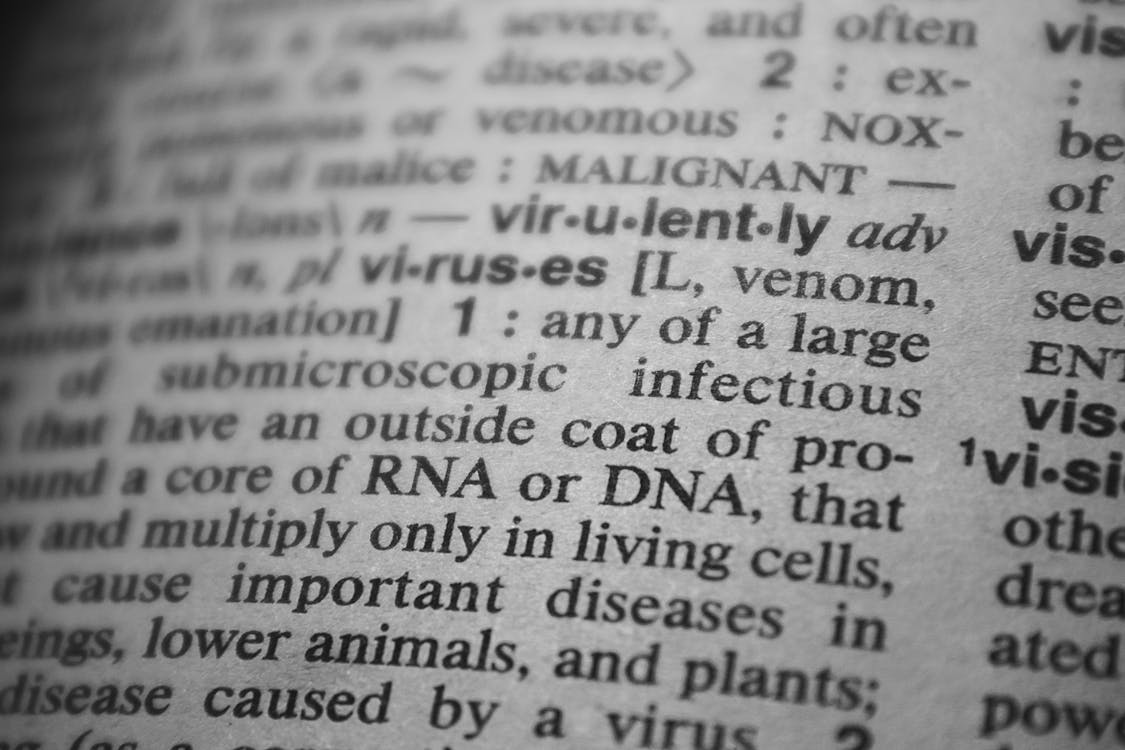Do you wonder why English is the universal language? Or how about the benefits and drawbacks of English being a universal language and the impacts of this on science?
TED Talk inspired
This TED talk inspired me to write this blog: Sophia Kianni: Language shouldn't be a barrier to climate action | TED Talk
It spoke about how when Sophia Kianni went to meet her family, the sky was so polluted that she couldn't see the stars in the night sky. Her family didn't know about climate change being a possibility of this. The language that her family spoke was a barrier to the knowledge of climate change. The effects of climate change are becoming more prevalent now than ever. Over 34 countries have seen the effects of climate change.
"On average across 34 countries, more than half of all adults surveyed (56%) say climate change has already had a severe effect in the area where they live. More than seven in ten (71%), including a majority in every single country, expect climate change will have a severe effect in their area over the next 10 years. One-third (35%) expect to be displaced from their home as a result of climate change in the next 25 years."
Climate change effects
Doesn't that scare you? Shouldn't the message about climate change be known about by more and more people, that the effects shouldn't be the norm?
The effects of climate change vary in severity. Some countries are less impacted because they don't produce crops, nor are crops the main source of income. Some cities may be less or more impacted than entire countries because of the amount of carbon dioxide from cars being emitted. Here in the UK, London has the ULEZ as a programme to reduce the amount of carbon dioxide being produced in the city by removing cars that don't meet the ULEZ standards.
Climate change effects in LIDCS
The countries that are impacted the most are the low-income developing countries. The majority of these countries will, because of their geographical positions be affected by the frequency of cyclones, monsoons and shorter rainfall in that area. A lot of these countries are hoping to improve the country's quality of standards by providing jobs. Urbanisation will happen. "Climate change aggravates the effects of population growth, poverty, and rapid urbanisation. Without serious adaptation, climate change is likely to push millions further into poverty and limit the opportunities for sustainable development and for people to escape from poverty."2
Climate change has put the most vulnerable countries at risk. Although, these countries are filled with people motivated to improve the climate.
Benefits of English being a universal language
Relating to the TED talk, a lot of people lack access to education because English is the universal language and not their mother tongue. So being bilingual helps or having English as your first language. English has many benefits over learning many other languages, like "the English language has a comparatively simple grammar, as it has simpler plurals, a more straightforward verb conjugation, it is mostly gender-neutral, as well as other factors. The English vocabulary is also easy to pick up. This adds to its worldwide popularity." So it's the official language in over 67 countries. We see English being a language on computers because English-speaking programmers create HTML and other programming languages.
Disadvantage of English being a universal language
There are disadvantages to English being a universal language, especially in science, where under-represented groups are not being considered and some information is inaccessible for those who don't speak English. Researchers may struggle to read articles in English if it's not their first language. Researchers may feel less confident in public speaking about their findings for fear of being judged. This article talks more about the struggle of language barriers impacting science: https://neurosciencenews.com/language-barrier-science-research-23650/
Fortunately, the University of Queensland has found ways to fix this issue: https://stories.uq.edu.au/science/2021/07/overcoming-language-barriers-in-science/index.html
Here's another article studying the issue: https://www.ncbi.nlm.nih.gov/pmc/articles/PMC5199034/
How many languages do you know?
I think that there's a benefit to having one language in science as the majority of people can understand the findings and information will not be lost in translation. Research for this blog has highlighted to me the problems of a language barrier. What do you think?
References:(2022) Majority across 34 countries describe effects of climate change ... - ipsos. Available at: https://www.ipsos.com/en/climate-change-effects-displacements-global-survey-2022 (Accessed: 04 September 2023).
2: Policy Department Economic and Scientific Policy Climate Change impacts ... Available at: https://www.europarl.europa.eu/RegData/etudes/etudes/join/2007/393511/IPOL-ENVI_ET(2007)393511_EN.pdf (Accessed: 04 September 2023).
3: Why has English become a universal language?: TLG Blog (no date) Why Has English Become A Universal Language? | TLG Blog. Available at: https://www.thelanguagegallery.com/blog/why-has-english-become-a-universal-language (Accessed: 04 September 2023).



Comments
Post a Comment